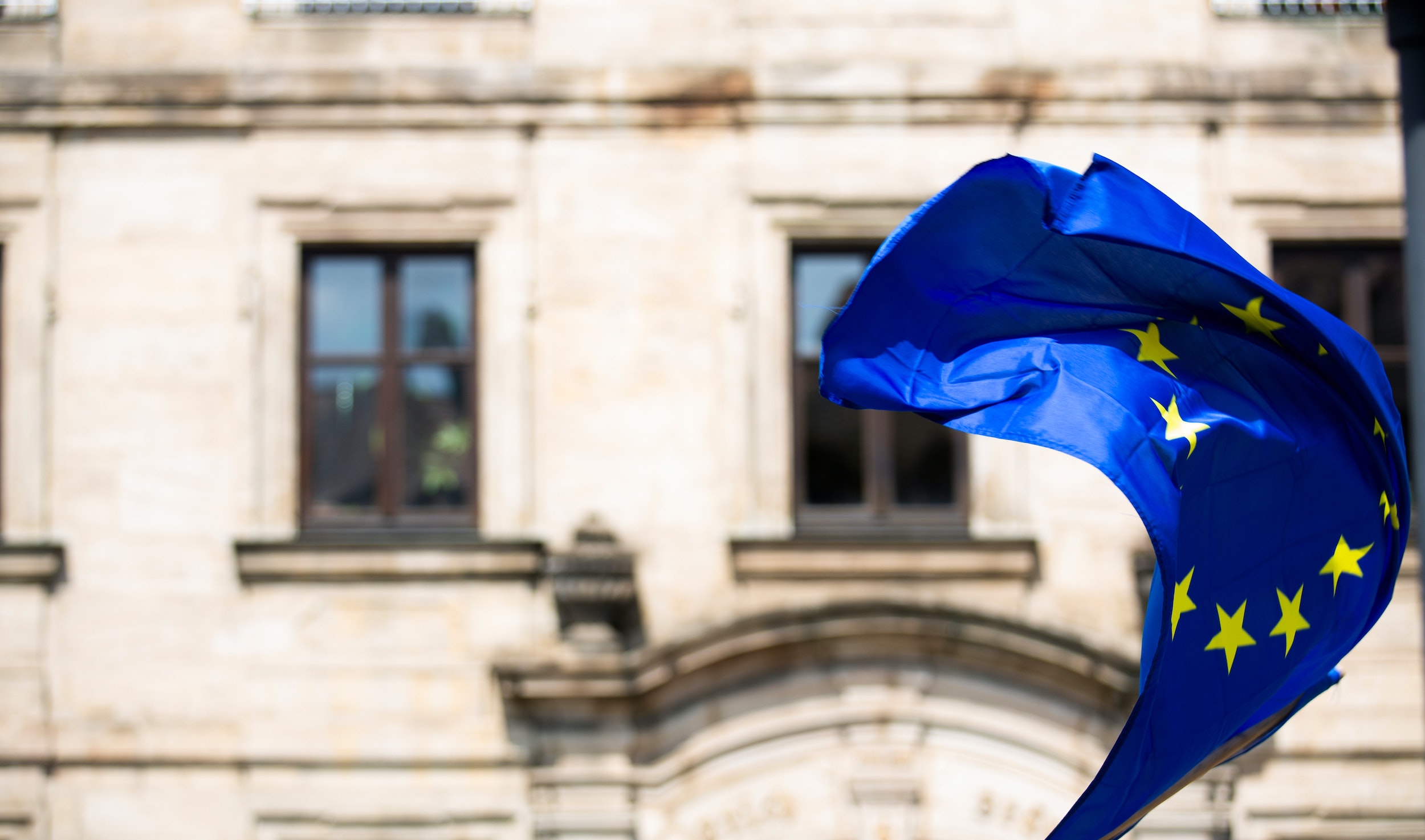Refugees seeking to reunite with their family members in other countries must navigate complex legal processes, including strict documentation requirements. Many governments require documents like birth certificates or passports, which refugees often don’t have and are unable to retrieve from the countries they fled.
For Speda, a refugee seeking to reunite with her husband in Europe, her lack of a passport made it impossible to register for or attend a language test she needed to complete the application. Although Speda and her husband had already been working with a lawyer to apply for family reunification, her missing passport had kept their case at a standstill for over a year. Speda reached out to UNHCR for assistance and connected with one of RefugePoint’s Complementary Pathways Experts.
After speaking with Speda, her husband, and their lawyer, our Expert navigated the complex web of governments, embassies, consulates, and international organizations in order to successfully advocate for Speda to use an alternative form of identification for the language exam.
Not long after the language exam, Speda ran into the same documentation-related obstacle while trying to take a tuberculosis test. Our Expert again negotiated with the various medical and government bodies so that Speda could use alternative identification.
Finally, as Speda was about to complete her final application, the online system wouldn’t let her submit the form without a passport. This required further conversation with the resettlement country’s government to make the online process accessible for people missing important documentation, and Speda finally submitted her application to be reunited with her husband.
Because our Expert worked alongside the couple to advocate for alternative documentation requirements, they have moved one step closer towards being reunited. Speda and her husband were fortunately able to contract the services of a lawyer in the destination country and had our Expert’s help in the sending country, but millions of refugees attempt family reunification without any legal representation or assistance to guide them through the complex process or advocate on their behalf. Cross-border collaborations like these, between refugees, lawyers, and staff like our Experts, set a precedent for building more accessible and equitable processes for refugees. Small changes can have lasting impacts on the global system.
